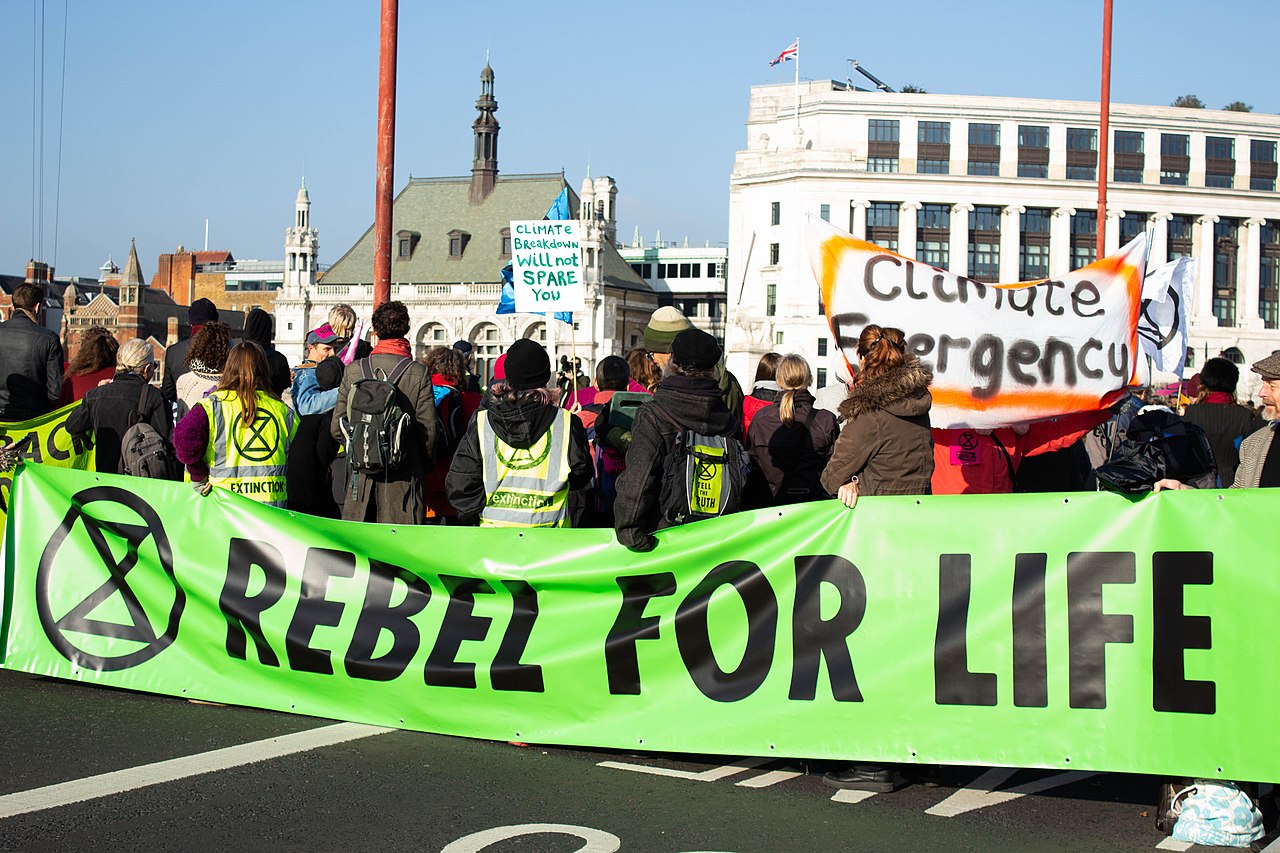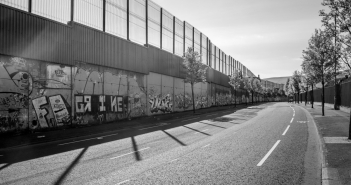Down to Earth: Politics in the New Climactic Regime (2018) by the recently deceased French philosopher Bruno Latour points to a conspiracy theory perpetrated by elites since the 1970s to conceal the true nature of climate change.
Latour argues the intervening period, associated with Ronald Reagan and Margaret Thatcher, ‘was initially marked by what is called “deregulation”, alongside ‘the start of an increasingly vertiginous explosion of inequalities.’
This coincided, he says, with another phenomenon less often stressed: ‘the beginning of a systematic effort to deny the existence of climate change’. He defines “climate change” in broad terms as ‘the relations between human beings and the material conditions of their lives,’ rather than simply the climatic consequences of anthropogenic greenhouse gases, as the contemporary environmental challenge is commonly reduced to.
This broader definition of “climate change” therefore encompasses ecological constraints – the material conditions of our lives – which even the most vociferous denier cannot gainsay, as well as other readily ascertainable phenomena such as pollution and nature loss.
Latour continues, ‘It is as though a significant segment of the ruling classes (known today rather loosely as “the elites”) had concluded that the earth no longer had room enough for them and for everyone.’
He contends: ‘they [“the elites”] decided that it was pointless to act as though history were going to continue to move toward a common horizon, toward a world in which all humans could prosper equally.’
Thus, ‘From the 1980s on the ruling classes stopped purporting to lead and began instead to shelter themselves from the world. We are experiencing all the consequences of this flight, of which Donald Trump is merely a symbol, one among others.’
He offers the stark conclusion that any observer of social media can attest to: ‘The absence of a common world we can share is driving us crazy.’
Dominant players in the fossil fuel industry were undoubtedly aware of climate change by the late 1970s, and developed communication strategies designed to confound the public. Through their risk analyses, leading investment banks – representing the real elites – would surely have been privy to such information that had been circulating since the 1960s.
Latour is correct to assert that since the 1970s inequalities have spiralled to the advantage of these elite ruling classes. However, his book fails to anticipate how canny operators among the elites – while preparing boltholes in remote locations – shifted approach on climate change
Rather than ignoring what had emerged as a scientific consensus on the need to find alternatives to the extraction and use of fossil fuels, elites recognised mouth-watering opportunities for further wealth accumulation from renewable energy.
Thus, investment portfolios were diversified, and bets hedged. It hardly mattered that technologies branded “clean and green” could still have devastating environmental impacts, or lead to new relationships of dependency in developing countries. In this re-alignment, companies create halo effects around products through greenwashing strategies. This explains the unprecedented attention to climate change we now see across mainstream media.
The belated embrace of environmentalism – once the preserve of hippies – by elites also distracts from the urgent need for structural adjustments.
The delusion of elite-led reform is sustained by a compromised and sycophantic media, reminiscent of the fawning courtiers of unaccountable monarchs. But all the indicators are that reforms will be cosmetic, as successive emission reduction targets are not met.
On my watch, the great American road trip is going to be fully electrified.
And now, through a tax credit, you can get up to $7,500 on a new electric vehicle. pic.twitter.com/n3iZ9etL4A
— President Biden (@POTUS) January 30, 2023
Lacking “a common world”, where resources and opportunities are shared equitably within countries and internationally, populists may point to the hypocrisy of a system that permits “vertiginous” inequalities. Under private ownership, transitioning from fossil fuels to renewables yields profits for the elites, but may impoverish many who are already living on the edge.
Since Latour’s book, much abides, but much has changed too. The apparent “symbol” of our collective madness, Donald Trump, lost the 2020 Presidential election, while other populist leaders such as Jair Bolsonaro and Boris Johnson have also exited stage right, for the time being at least. But inequalities only increased during the pandemic, when trust in science was undermined by profiteering.
The ongoing war between Russia and Ukraine, alongside simmering US-Chinese tensions over Taiwan, indicate the era of globalisation has come to an end. In this new edition of the Cold War, conservative, authoritarian leaders are pitted against Western governments dominated by elites that appear to be profiting from another crisis.
Environmentalists ought to recognise that we are facing a nuclear winter, worse even than the impact of climate change, if the Ukrainian-Russian conflict escalates, and support attempts to broker a negotiated settlement. Moving forward, a new global compact is urgently required to address environmental challenges and rampant inequality.
The environmental movement should develop a more nuanced understanding of the social and political forces ranged against meaningful reforms in the West. To develop, as Latour puts it a “common horizon” – and overcome collective madness – in the face of climate change and inequality, democratic governments must act to reverse the deregulation that occurred in the 1980s, and in particular assert control over a highly profitable renewable energy sector.
Feature Image: “Rebellion Day” on Blackfriars Bridge, 2018.




